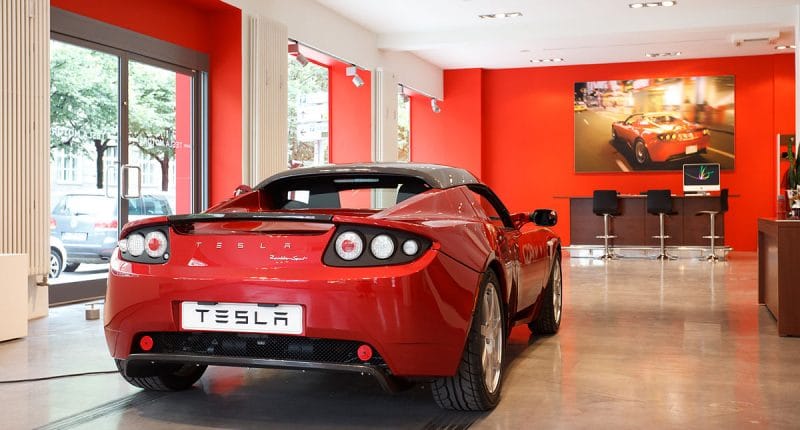Tesla, the current biggest car manufacturer in the entire world, set up a gigafactory in China last year- a move that not only helped the EV maker solidify its position on the top of market, but also survive the COVID 19 pandemic relatively unscathed. However, it looks like things are heating up for the Elon Musk led company in the region, as Tesla cars have been banned by Chinese military over security concerns, caused by the large amount of cameras and sensors on the vehicles.
According to this new order, Tesla owners have been instructed to park their cars outside military complexes and other state buildings, as Chinese government grows skeptical of the data being collected by these vehicles. The government can’t see or control said data, which has led to concern among the country’s administration.
The EV maker, much like most of its competitors, uses cameras and sensors to support (partial) self driving, as the car learns to read its surroundings to make decisions on its own. Moreover, the internal camera in the car is a security measure, which is used to detect if a driver is looking on the road while driving. It can also be used to check if and when someone messes with your car in your absence.
Tesla has also been running beta tests of FSD(full self driving) drivers, as it continues to march towards the future of self driving cars. However, the company cancels these tests in areas where drivers don’t pay enough attention to the road, a tweet from Musk said.
Driver Facing Camera monitors where drivers are looking. It would detect if a Beta User was looking down at, for example, a phone or laptop for significant amounts of time. Definitely dangerous to do as a beta tester. #Tesla
— TSLA GANG CEO (@TSLAgang) March 12, 2021
The military ban had partly to do with this test, even though a Tesla representative said that none of the internal cameras have been turned of in Chinese Tesla as part of this test.
China and Elon Musk have had a friendly relationship in the past, with the government helping the company grow in the region by providing ease of doing business, and Tesla using its latest gigafactory in China to increase deliveries. However, this relationship has strained a little over the past few months, after the EV manufacturer was called upon by regulators in the country over quality concerns of its cars.
